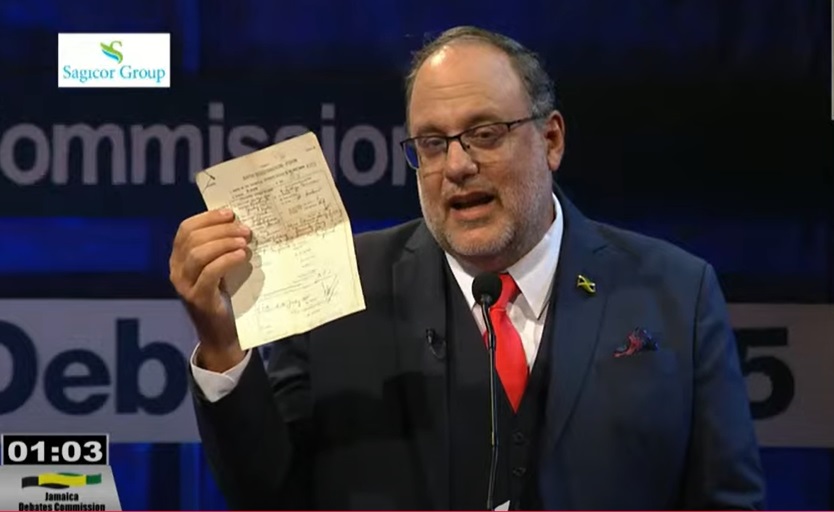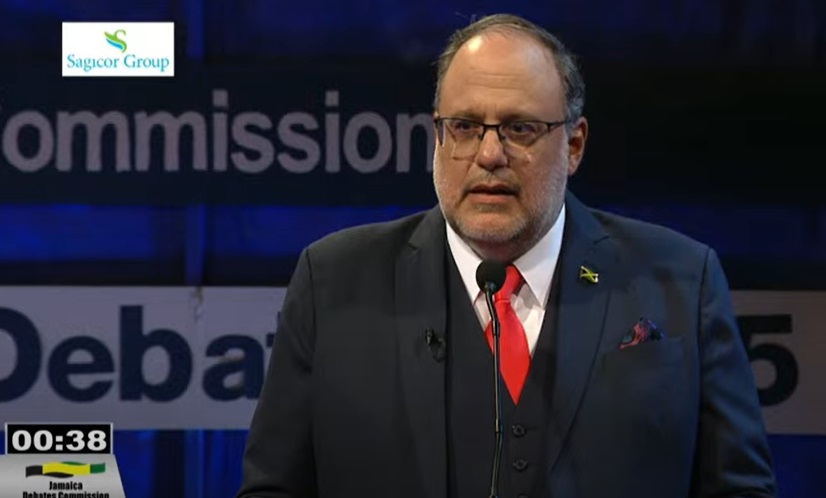Customers of one local financial institution are crying foul following automatic increases to their monthly property insurance payments after being notified that their homes are underinsured.
According to one of the homeowners who spoke with Observer Online, he was advised by JN General Insurance (JNGI) in early June that his house was insured for less than the full replacement value of the property.
The advisory from JNGI noted that, as a result of being underinsured, the homeowner may be subjected to the ‘average clause’ in his insurance policy in the event of a loss – meaning the amount paid by JNGI will be a portion of the loss based on the proportion of the value of the home that is insured.
This was followed by an email from JN Bank indicating that an increase in the homeowner’s monthly property insurance payment was recommended to cover the shortfall. The email informed that the recommended increase would be automatic and, should the customer desire, he must opt out of it via written communication.
“They’re applying the increase, and in order for you not to be subjected to that increase, you have to respond to them, which is foolishness,” the customer, who did not wish to be named, told Observer Online.
The customer’s frustration was compounded when, despite written and verbal communication within days that he did not want the increase applied, he was automatically charged the new amount, an addition in excess of $12,000 to his monthly bill.
“And lo and behold, despite me calling JN and informing them in writing, my statement came with the increased amount,” he explained.
The increased payment applied to the customer and others who reported similar experiences to Observer Online is against the background of Jamaican homeowners reeling from a series of insurance and interest rate hikes over the last several years that have caused mortgage rates to balloon. And despite the Bank of Jamaica reducing its policy interest rate over a cycle of five cuts the last 12 months, many mortgagors have not seen the lower central bank rates passed on to them by lending institutions.
“Since I got my mortgage a few years ago, my monthly payment has increased by more than $40,000, and if this increase is applied, my monthly payments would be up by more than $50,000. How can somebody handle those increases?” the homeowner queried.
READ: Jamaican homeowners buckling under higher mortgage rates
Citing the current financial climate, the homeowner suggested that the automatic payments could push some mortgagors to the brink.
“Some mortgagors are going to be subjected to that increase because they are not going to see [the email]. How ethical is it to apply an increase you say is an option?” asked the homeowner, who has since been reimbursed the amount deducted after filing a complaint.
In response to an Observer query on the issue, a representative of the Financial Services Commission (FSC) explained that the regulatory authority “does not regulate the pricing of products, so the companies decide the appropriate cost, [regarding this opt-out increase], customers have to be guided by the policy contract…it’s all down to the contract.”
The representative maintained that if customers had signed a contract giving the institution certain powers, they would be bound to the terms of that document.
However, the FSC representative added, “If [customers] think the institution is not abiding by the terms, then they can make a report to the FSC and [seek redress].”
Simply due to inflation, the overwhelming majority of insured homes in Jamaica are underinsured. The Insurance Association of Jamaica (IAJ) recently pointed out that should a hurricane hit Jamaica, only around 8,000 households would receive full insurance payouts, with 95 per cent of homes insured for less than the actual replacement value.
Regarding the use of automatic deductions rather than an opt-in arrangement to address underinsurance, the IAJ acknowledged that it was done occasionally in the “best interest” of clients.
“It’s not done throughout the industry, not all the general insurance companies do it, but we do have a few of them that do, and you have to opt out otherwise the coverage is done. They believe they are acting in your best interest in doing so,” the IAJ told the Observer.
It indicated that if a charge were carried out automatically and a customer contested it, there should be avenues for recompense, with conditions.
“If you come back within a reasonable period, you do get back your refund, and this is if nothing has happened for you to make a claim, so you can’t get back the premium and make a claim at the same time or make a claim and then ask back for the premium,” the IAJ said.
An executive at JNGI explained the reason behind banks wanting mortgagors to insure for full property value.
“When you have a mortgage on your house, the bank is using that house as collateral for the loan they have given you, that mortgage. If that house is destroyed, fire, hurricane, whatever, that collateral is compromised and the bank could be left without the collateral to secure that mortgage,” he said.
In addressing the automatic increases, however, he maintained that JNGI does not directly deduct any cash from insurers.
“Property insurance is paid in the monthly mortgage, if you’re a Jamaica National customer, it’s a one-stop thing. JNGI does not collect mortgages, we are not licensed to do that, we cannot deduct anything. It’s paid to the mortgage company, and the mortgage company remits it to us,” he said.
JNGI was acquired by rivals British Caribbean Insurance Company (BCIC) in a deal finalised on June 6, 2025.
JN Bank did not respond to an Observer query regarding the automatic increases up to publication time.










